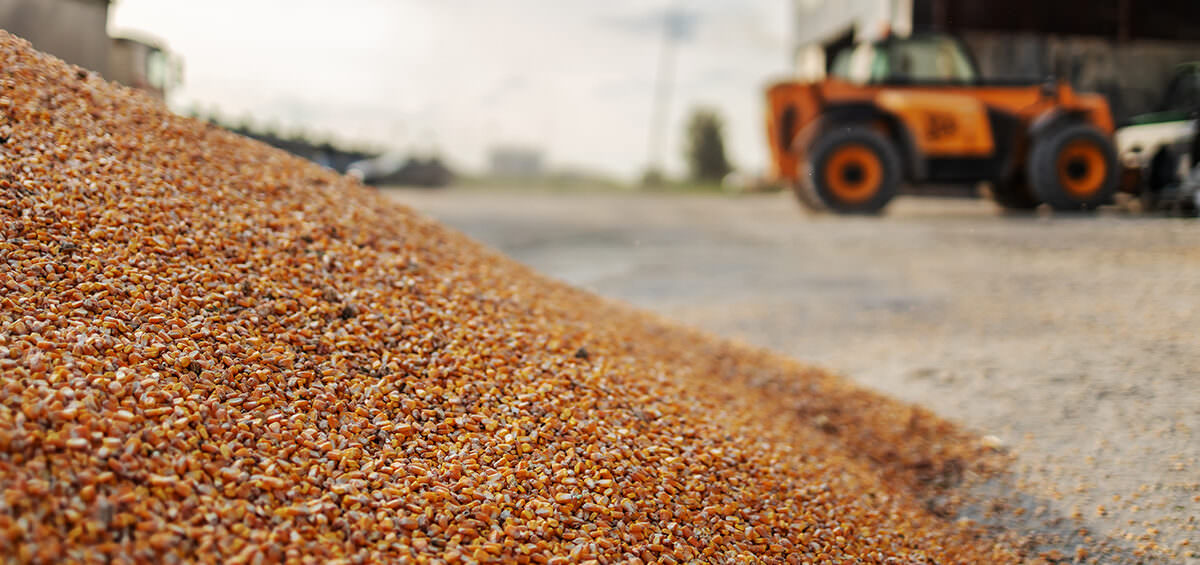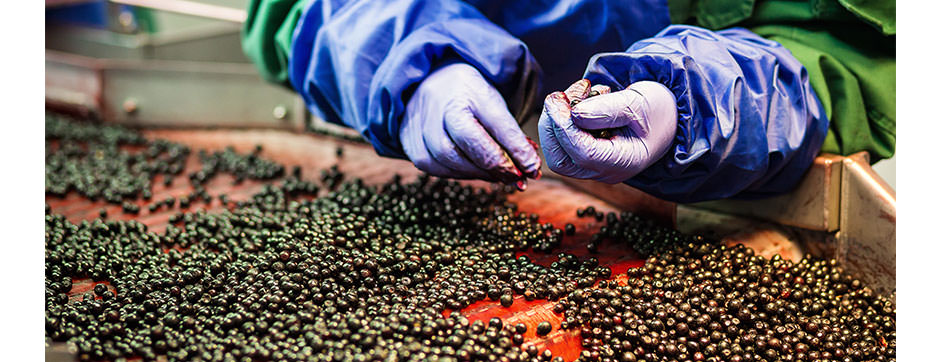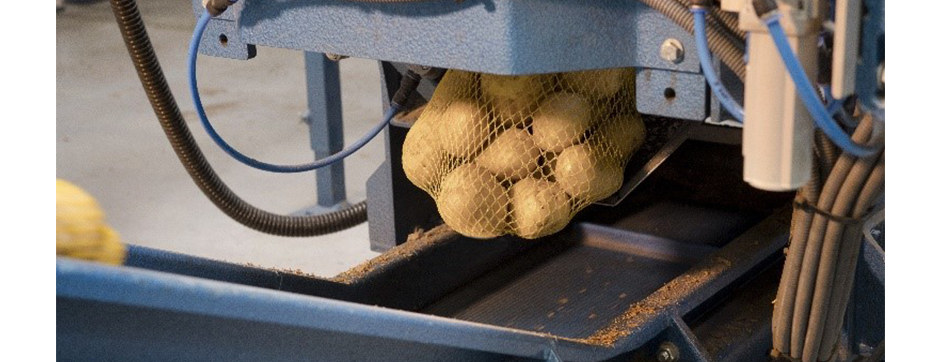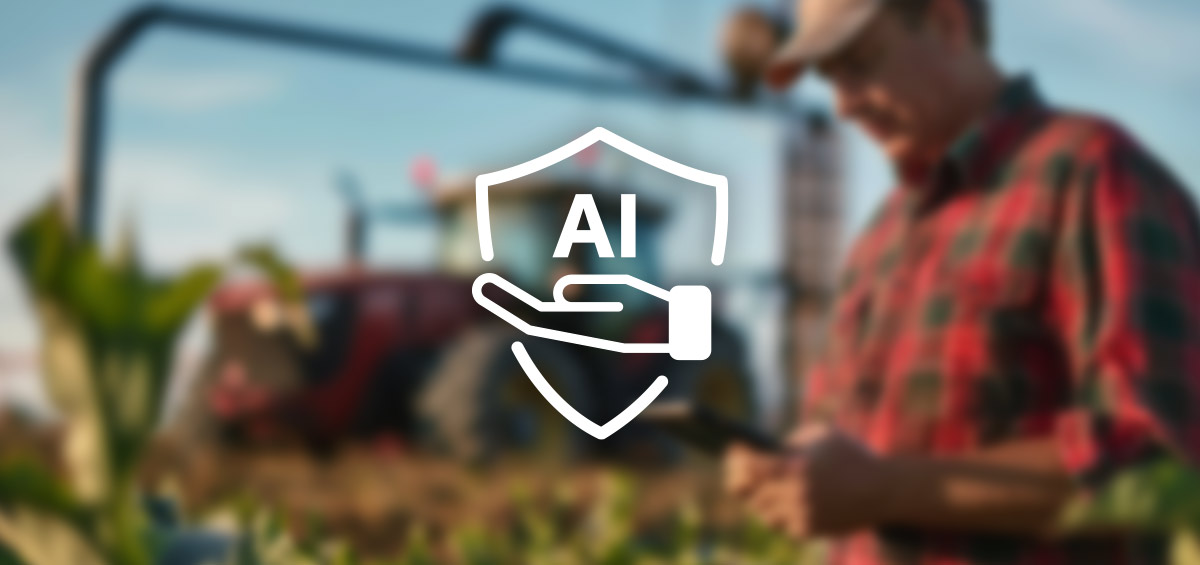Mission: Sustainable Sourcing of Agricultural Products
From a business perspective, supply chains are often difficult to manage, with challenges such as low and variable yields, or poor product quality which most commonly results in food losses and waste.
Some of the key issues regarding product quality management are described below:
- Harvesting during inadequate stages of maturity; the immature, properly mature and over-mature crops should be sorted out for the best attributes.
- Irregular size or shape of the products; when conducting quality grading all products must comply with the certain standards of a specific grade or class.
- Improper handling during the production-to-processing stages or post-harvest management; some of the major causes of poor quality of crops are the failure to apply fertilizer, ineffective weed, insect pest and disease controls. Quality can also be affected by any improper on-farm handling or when the products are brought to the company’s processing facilities.
- A dispersed supplier network and differences in knowledge; having suppliers in different geographic locations complicates the supply chain and disables the sourcing company to efficiently manage product quality. Crop production requires close supervision, especially when farmers are unfamiliar with new methods and technologies.
Supplier networks consist of farmers whose skills vary from advanced knowledge of top-notch best practices to basic production methods that are considered outdated. All this can greatly affect the outcome of the farmer’s season and have a negative impact on the final yield quality.
Ensure Product Quality Meets Your Customer Requirements
A major problem with quality standards is that they are frequently vague and not clearly understood. To avoid significant crop losses, sourcing companies need to find a solution that will help them sustainably manage their supply chain. The key to ensuring a consistent level of product quality in crop sourcing is:
- Presenting parameters and standards in clear and understandable terms. Extension staff or sourcing managers should demonstrate to farmers the parameters in question at the beginning of each season and explain the specifications for each grade or class.
- Specifying the maximum content of each delivery container. Quality can suffer if containers (boxes, bags, slings, bales, etc.) are overpacked.
- Empowering farmers with best practice knowledge. Companies need to recognize and eliminate unproductive practices within their own supply chain, and identify key productivity drivers with successful farmers and push it to the less educated ones.
- “Lifting the veil“ of the entire supply chain. Establish transparency and traceability in order to know what’s going on behind the supplier’s closed doors.
- Having all data in one centralized An efficient software tool would do the trick, and enable easy management and collaboration with farmers. This gives complete visibility of the field performance, suppliers, and products in real-time.
- Nurturing the relationship with farmers. Simple communication through the platform via laptop or a mobile device, removing the need for paper. Creating a long-term partnership with the farmers, ensuring attention is being dedicated to specific pain points of each farmer, reducing the risk of poor quality products getting onto the shelf.
Finding a Digital Solution to Reduce Bad Quality Products
AGRIVI farm management software is a cloud-based solution built for collaboration with your network of farmers and boosting them with the knowledge necessary for delivering required levels of crop quality and quantity. By empowering both food sourcing companies and their farmer network with an integrated management platform AGRIVI is giving companies much-needed visibility and control over all of their supply chain processes.
- Contract management—AGRIVI platform allows crop sourcing companies to maintain a central registry of growers and manage contracts with them
- Crop growing practices—create localized best practices and standard guidelines; push them through the platform and ensure higher yields and standard compliance
- Monitor and measure performance—a real-time overview of the entire production progress, planned quantity delivery level and complete product traceability
- Communication—simple information sharing and fast communication with the farmers; integrated bidirectional communication through the platform (e-mail, push notifications, chat in real-time)
- Risk management—access to farmers data, anytime, anywhere; minimizing the impact of real-time risks through timely alerts from unexpected yield risks caused by pests or unfavorable weather events
Contact our Sales team if you would like to schedule a live demo to see how AGRIVI can help you overcome your supply chain management challenges.






